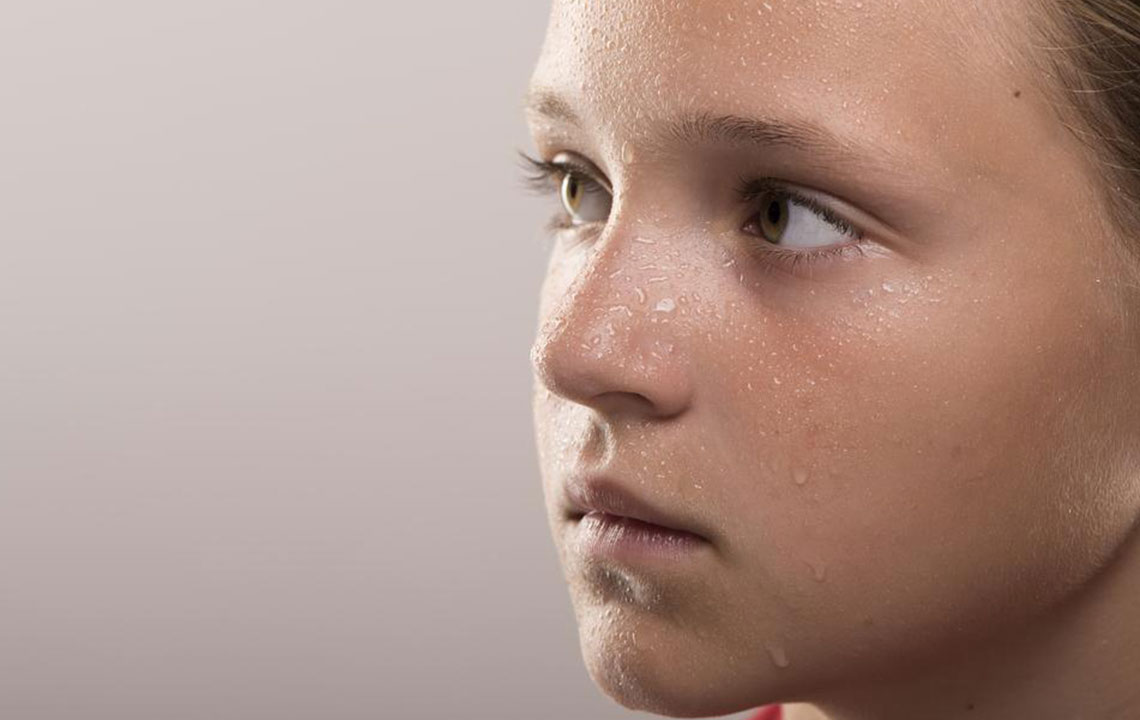Understanding Night Sweats: Causes and Triggers
Night sweats involve excessive nighttime sweating that can result from various factors such as hormonal changes, infections, or medication side effects. Recognizing the causes helps in seeking appropriate medical diagnosis and treatment. Persistent night sweating warrants consultation with a healthcare professional to rule out underlying health conditions. Understanding triggers like menopause, illnesses, or drugs empowers individuals to manage or seek help effectively. This overview highlights key factors contributing to night sweats for better health awareness and intervention.

Understanding Night Sweats: Causes and Triggers
Night sweats refer to excessive sweating during sleep, often surprising individuals with soaked pajamas and bedding despite a comfortable room temperature. This condition is common among women and is characterized by redness and flushes on the face and chest after episodes. While sometimes harmless, night sweats can also signal underlying health issues. Common causes include certain medications, menopause, infections like tuberculosis, bacterial abscesses, HIV/AIDS, and the use of some pain relievers. If experiencing persistent night sweats, consulting a healthcare professional is recommended.
Important Notice:
This article is for informational purposes only and should not replace professional medical advice. Consult a healthcare provider for diagnosis and treatment of any health concerns. Do not self-medicate or interpret this information as medical guidance.










